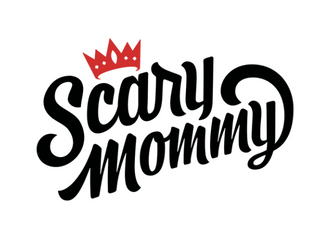Written by: Kimberly Zapata
Published by: Scary Mommy
“Increased time spent on video calls with our own image reflected at us has led many to experience increased feelings of self-consciousness and body dissatisfaction, as well as greater pressure to change our appearance in some way,” the clinical staff at The Renfrew Center, the first residential eating disorder treatment facility in the United States, tells Scary Mommy. “Those who suffer from body image issues are most prone to seeing themselves through this lens of self-criticism, which may lead to disordered eating, overexercise, or a desire to seek cosmetic procedures, also known [unofficially] as Zoom dysmorphia.” In short, being in front of the camera is causing some severe mental and emotional distress. Video calls are disrupting their lives.
“If Zoom seems to be worsening BDD, or body dysmorphic disorder, it might be helpful to adjust the Zoom settings to hide your own image,” Samantha DeCaro, the Director of Clinical Outreach at The Renfrew Center of Philadelphia, tells Scary Mommy. “Cognitive behavioral therapy, or CBT, can also help those with BDD, as it helps them understand how certain thoughts intensify distress and certain avoidance behaviors maintain the cycle… and exposure therapy can be beneficial. A qualified therapist can help you gradually increase your exposure to your perceived flaws, so that over time they have less and less power over you.”
Click here to read the full article.



